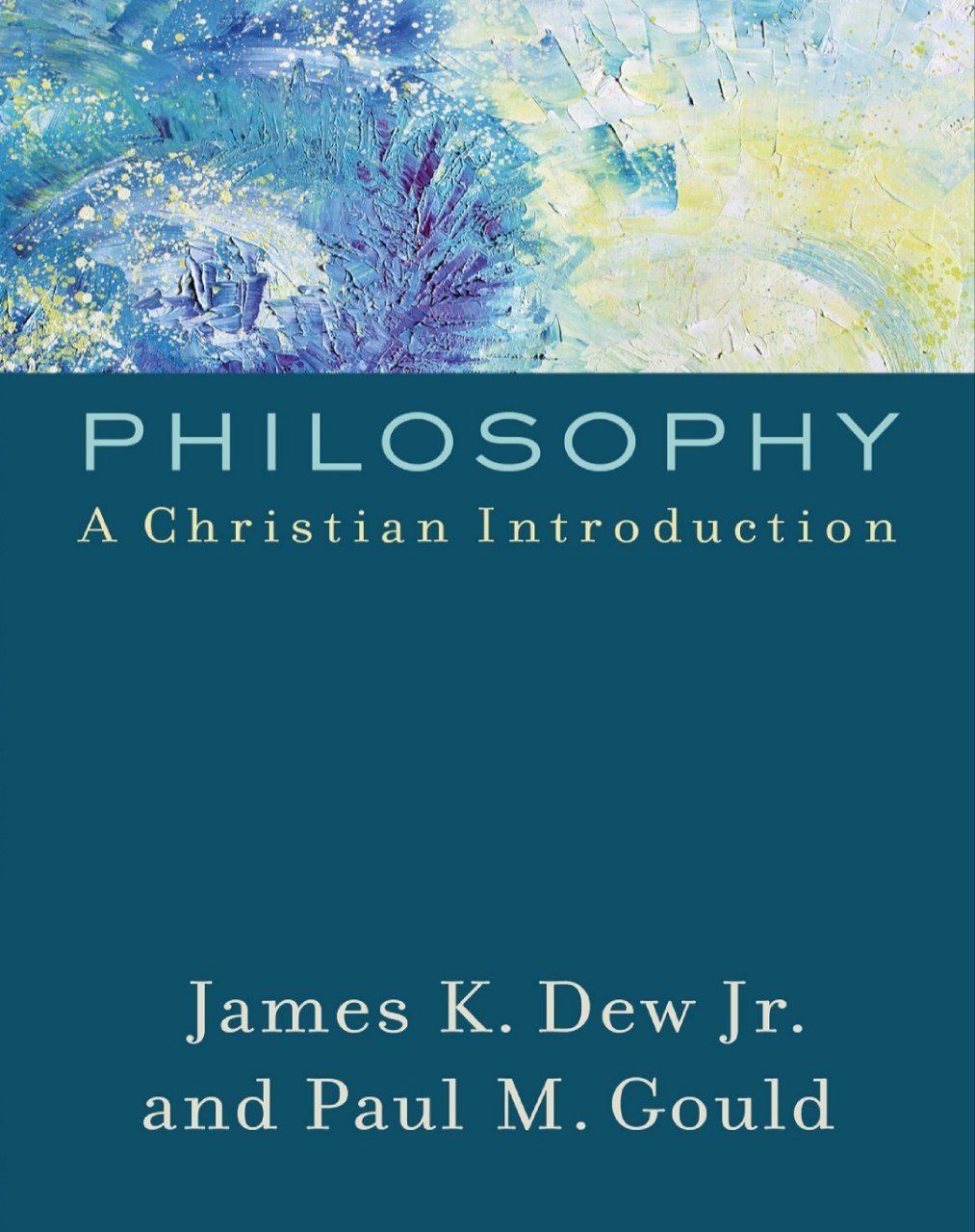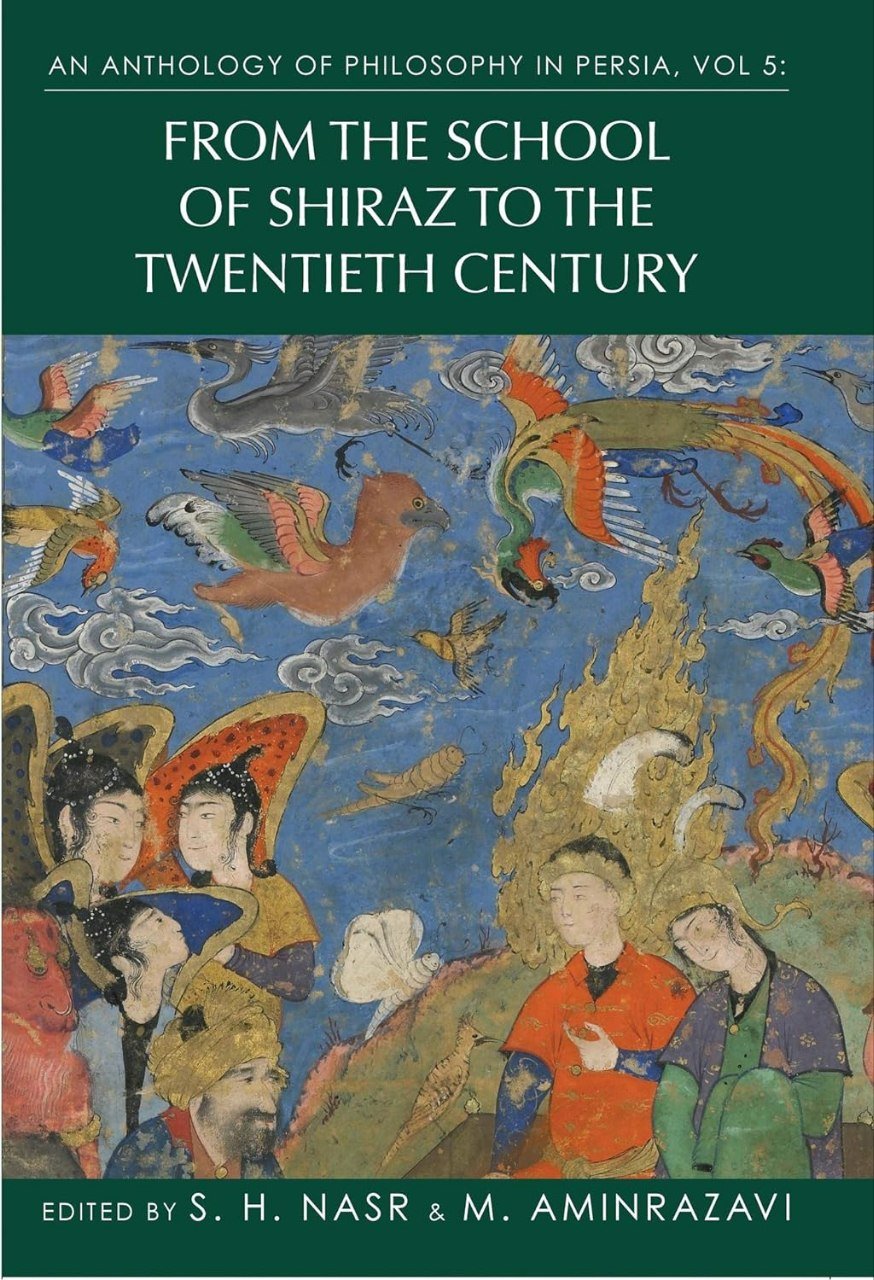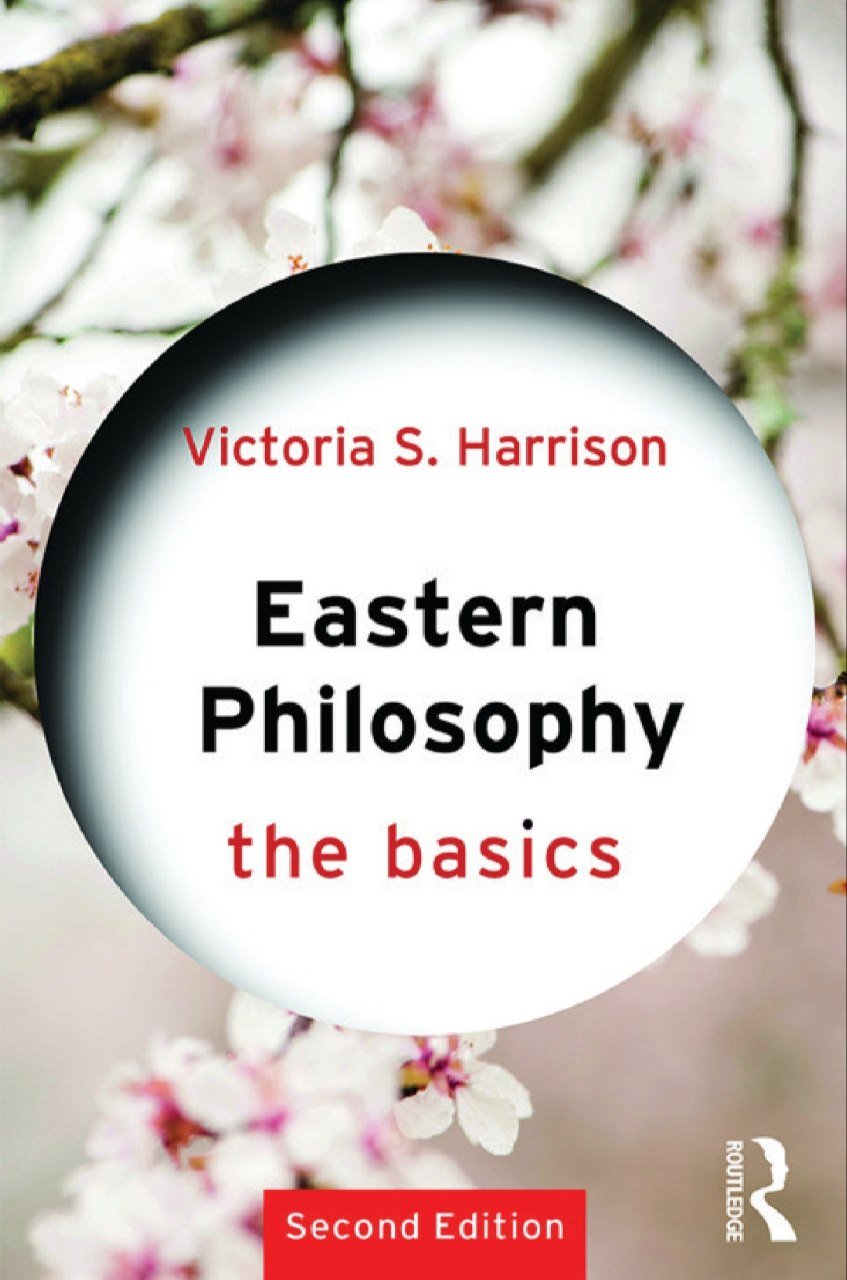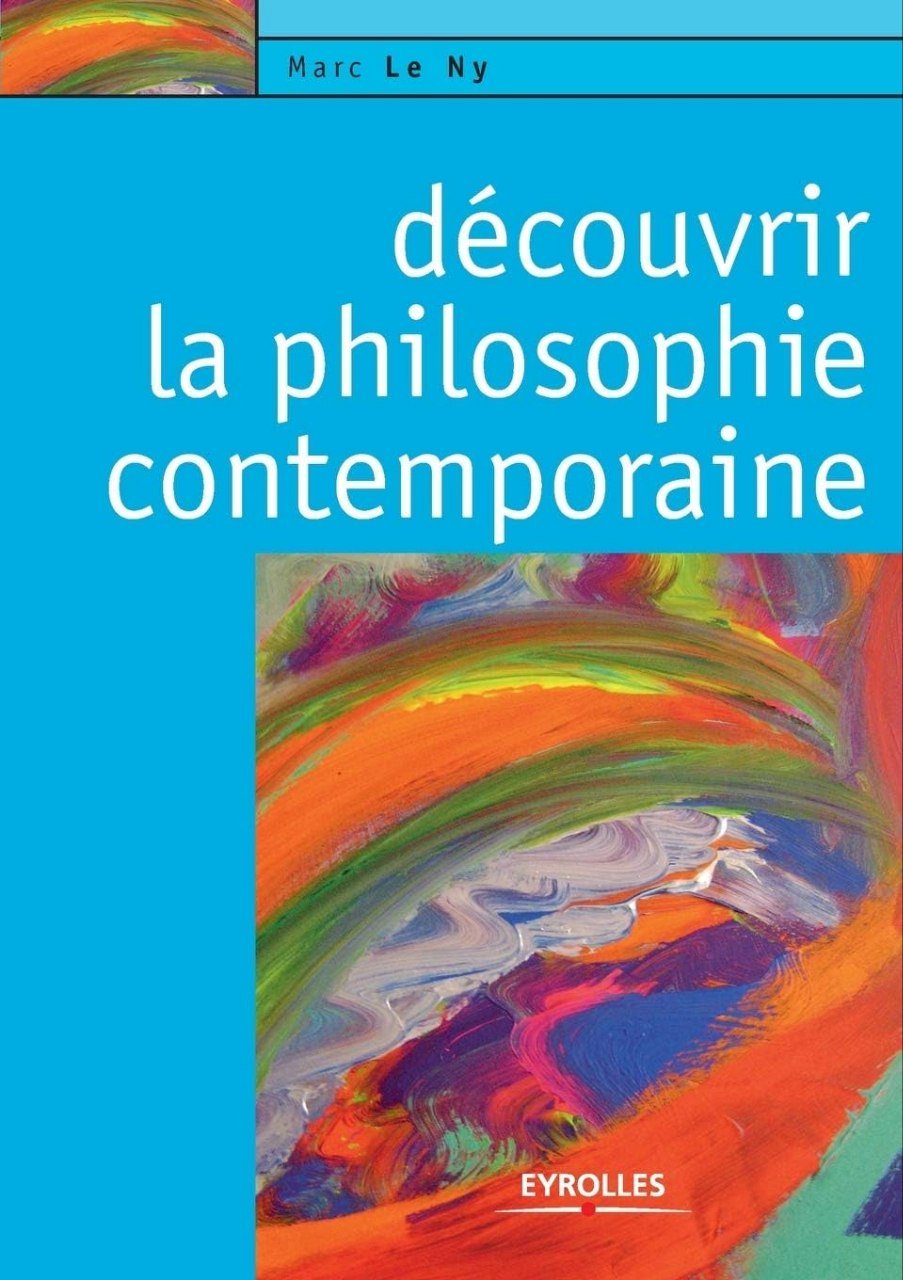
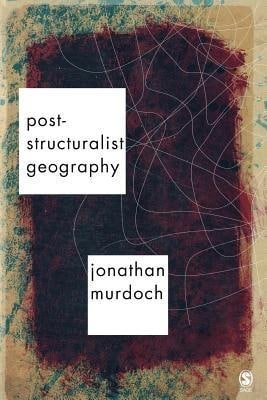
Post-Structuralist Geography: A Guide to Relational Space
Reviews
No review yet. Be the first to review this book!
Description
Post-Structuralist Geography: A Guide to Relational Space by Jon Murdoch is a comprehensive and thought-provoking exploration of how post-structuralist philosophy has transformed the field of human geography. Murdoch provides a detailed guide to understanding spatial relations through the lens of post-structuralist theory, particularly focusing on the works of key thinkers like Michel Foucault, Gilles Deleuze, Félix Guattari, Bruno Latour, and others who challenge traditional notions of space, power, and society. In this book, Murdoch argues that geography is not just about physical spaces or fixed territories but is deeply embedded in relational practices, networks, and flows of power and knowledge. He examines how post-structuralist ideas, such as deconstruction, rhizomatic thinking, assemblages, and actor-network theory (ANT), offer radically new ways of conceptualizing spatiality. Rather than seeing space as a static container in which social processes occur, Murdoch advocates for an understanding of space as something produced and constantly reconfigured by social, political, and economic relations. Murdoch critically engages with Foucault’s concept of power/knowledge, showing how spatial arrangements are deeply tied to systems of control and governance. He explores Deleuze and Guattari’s notions of smooth and striated space, rhizomes, and deterritorialization, explaining how these concepts open up possibilities for thinking about mobility, networks, and multiple forms of spatial organization that are non-hierarchical and dynamic. The book also discusses Bruno Latour’s Actor-Network Theory, illustrating how human and non-human actors interact to form networks that produce spaces and shape the material world. Throughout the text, Murdoch provides clear explanations of complex philosophical ideas and demonstrates their relevance for understanding contemporary geographical issues. He addresses topics such as urbanization, globalization, environmental politics, and social justice, showing how a post-structuralist approach can illuminate the interconnectedness of places, people, and power structures. His analysis encourages geographers to move beyond binary distinctions like local/global or nature/culture and instead think in terms of assemblages, multiplicities, and fluid connections. In Post-Structuralist Geography, Murdoch not only maps out the theoretical terrain but also offers practical insights for conducting geographical research in a post-structuralist framework. He emphasizes the importance of rethinking methodology, representation, and ethics in light of relational ontologies. The book is both a critical introduction for students new to the subject and a valuable resource for scholars seeking to apply post-structuralist theories in their own research. Ultimately, Murdoch presents relational space as a dynamic and contested field shaped by power relations, discursive practices, and material forces. His work challenges conventional geographical thinking and opens up new avenues for analyzing social-spatial processes in a complex, interconnected world. This book is a significant contribution to human geography and social theory, offering a compelling guide to the philosophical underpinnings and practical implications of post-structuralist thought in the study of space and place.

























.jpeg)



.jpg)
.jpg)






.png)
.jpg)



.jpeg)
.jpeg)





.jpeg)








.jpeg)






.jpg)


.jpg)
.jpg)







.jpg)













.jpg)






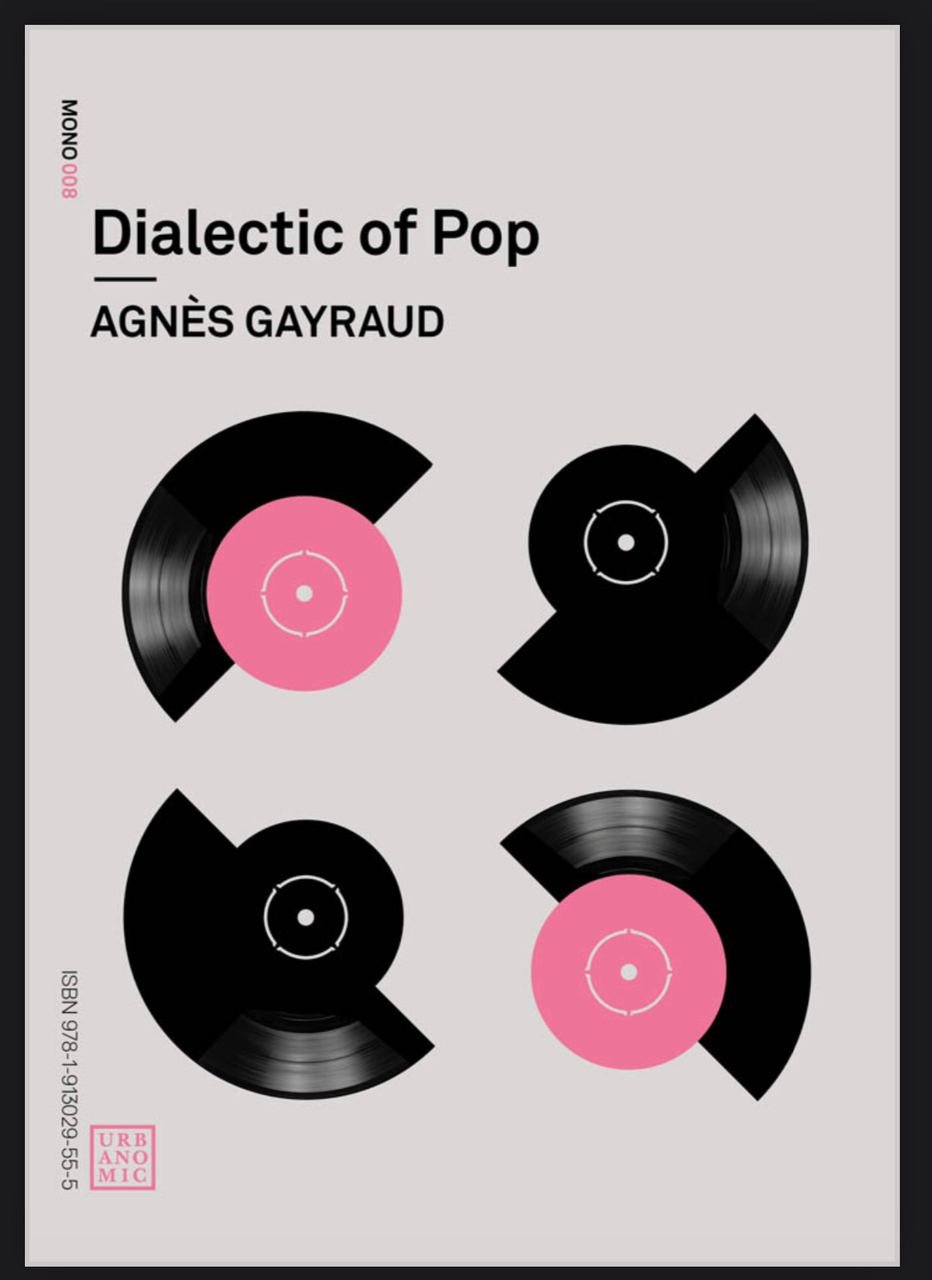




.jpg)
